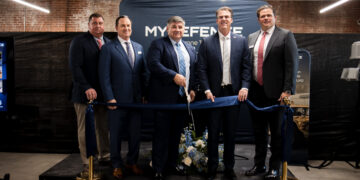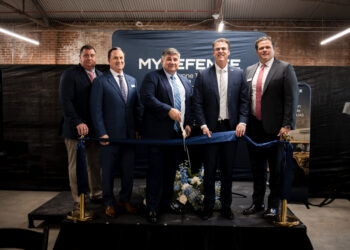OKLAHOMA CITY (OBV) – The State Chamber of Oklahoma honored five members of the Oklahoma Legislature as Legislators of the Year in recognition of their pro-business policies and legislative efforts to grow the state’s economy.
The State Chamber honored Sen. Kristen Thompson, R-Edmond, Sen. Adam Pugh, R-Edmond, Rep. Rhonda Baker, R-Yukon, Rep. Mike Osburn, R-Edmond, and Rep. Suzanne Schreiber, D-Tulsa, during its recent Annual Meeting.
“There were many public servants at the State Capitol that were supportive of our business community last session, but these five lawmakers went above and beyond for Oklahoma. They are a big part of the reason Oklahoma’s workforce is getting back on track and our economy is moving in the right direction,” said Chad Warmington, president and CEO of The State Chamber.
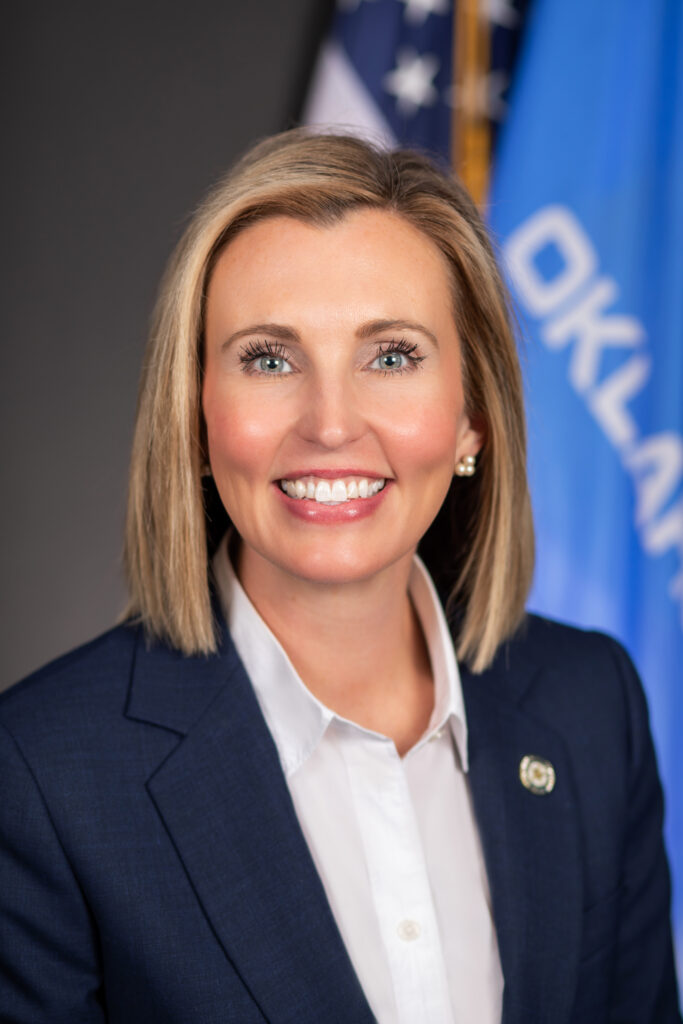
Thompson, who co-authored Senate Bill 1447 and HB 3252 with Osburn, acknowledged the importance of working with fellow state leaders to make Oklahoma’s economy stronger than ever before.
“It has been a pleasure to collaborate with fellow state leaders and Oklahoma entrepreneurs as we’ve focused on expanding economic opportunities in all corners of our state,” Thompson said. “I appreciate The State Chamber for this recognition and look forward to continued collaboration on economic development initiatives.”
Gov. Kevin Stitt signed both bills into law last month.
SB 1447 establishes the Oklahoma Office of Economic Development, Growth and Expansion (OkEDGE) and the Division of Community Outreach and Revitalization Enterprise (CORE) within the Oklahoma Department of Commerce. The bill also creates a legislative committee to review certain incentive packages for relocating or expanding businesses.
“Senate Bill 1447, also known as The COMPETE Act, is groundbreaking legislation for Oklahoma. It focuses on fostering innovation and supporting small businesses, using a targeted approach to attracting new industries to our state,” said Sen. Kristen Thompson. “By providing a systematic and strategic framework for economic growth and revitalization, we are laying a solid foundation for entrepreneurship and economic dynamism, without any additional cost to taxpayers.”
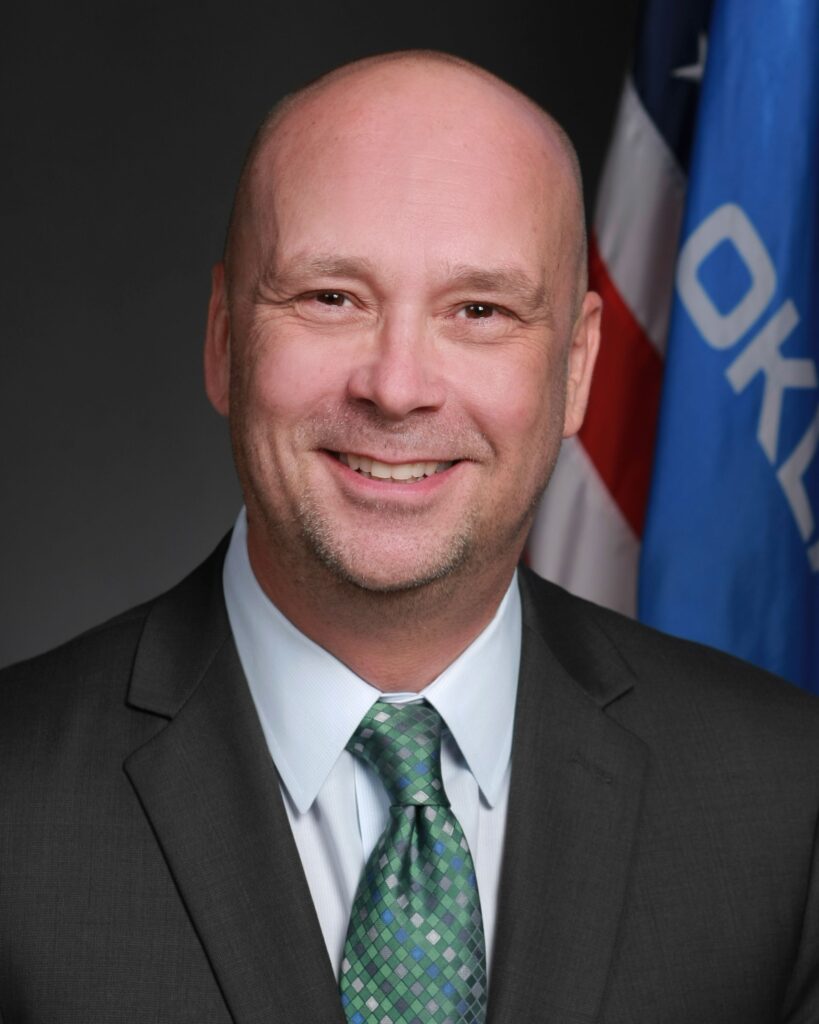
HB 3252 modifies the functions and programs of the Oklahoma Department of Commerce to ensure its focus is on economic development and community development.
“Over the years, like most other organizations, the Department of Commerce has experienced some mission creep. HB 3252 works in conjunction with SB 1447 to refocus the DOC on what it was chartered to do … grow, develop, expand, nurture and support the Oklahoma economy and Oklahoma business,” Osburn said.
OkEDGE will serve as the state’s leading entity in matters pertaining to economic development, with a focus on recruiting companies to either expand or start in Oklahoma, as well as retaining companies that already exist in Oklahoma. Its duties will be as follows:
- Being empowered to strategically drive opportunities for economic growth and diversification across the state;
- Collaborating with local, regional and state entities;
- Coordinating the funding and investment activities of each element of the state’s economic development efforts and marketing campaigns to achieve better results for the state’s recruitment and retention of businesses; and
- Acting as the principal point of contact regarding investment in this state for public officials, businesses and the public.
CORE will focus on the long-term development of local communities to increase competitiveness and enhance economic opportunities. CORE’s duties will pertain to local economic opportunities and economic development, including, but not limited to the following:
- Creating new and higher-quality jobs for the people of the state through long-term development of local communities;
- Maintaining communication of information between the department and communities through regional organization and representaiton;
- Carrying out policy development and research in support of the long-term competitiveness of this state;
- Providing technical assistance to local communities in securing federal funding, incentive availability and community development;
- Providing assistance and funding in development of potential sites for economic development;
- Coordinating with other state agencies deploying federal and state funds for infrastructure development including, but not limited to, the Department of Transportation, the Oklahoma Water Board and the Oklahoma Broadband Office; and
- Assisting in compliance with the laws and regulations of economic incentives and economic development initiatives.
Thompson and Osburn developed the idea of OkEDGE after major companies, including Panasonic, Tesla and Volkswagen, chose to not build factories in Oklahoma. The entity will work to dissuade major companies from leaving Oklahoma. Michelin representatives announced late last year that the company was closing down its factory in Adrmore, which employed around 1,400 Oklahomans.
OkEDGE will work to ensure that no other companies choose to leave Oklahoma.
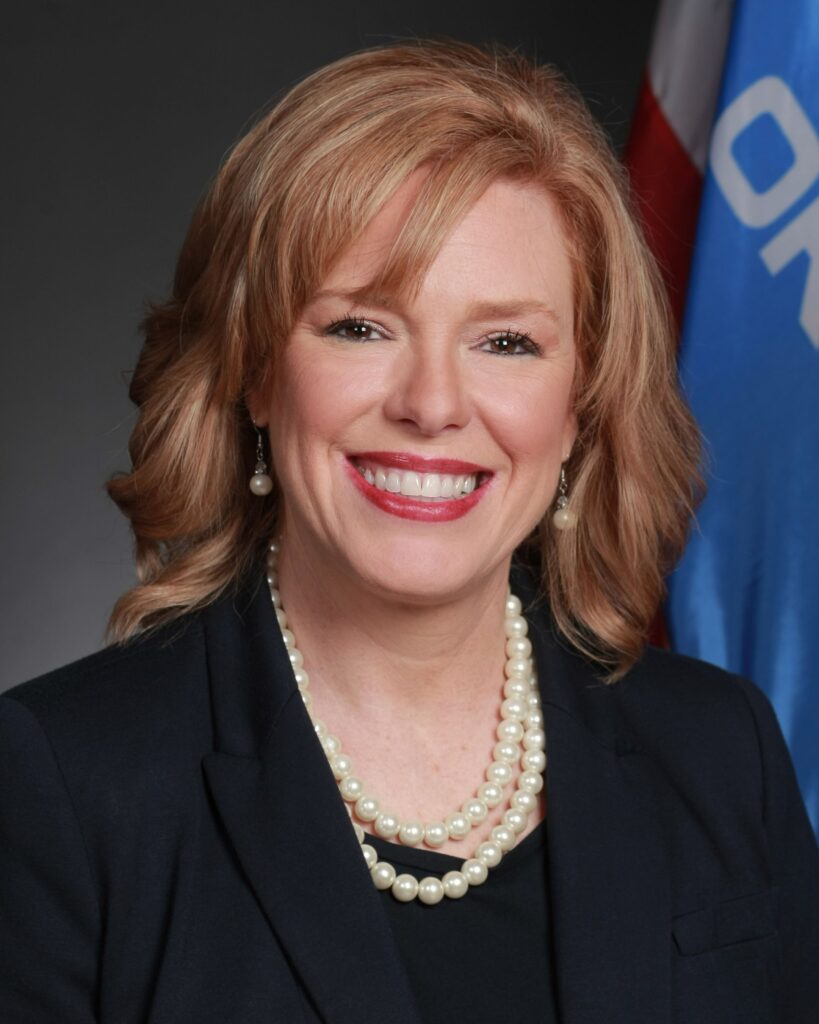
Baker and Pugh wrote House Bill 3278, a new law that establishes the Graduation Act of 2024. It reworks high school graduation requirements, giving students more flexibility in building their educational pathway so they can better become college, career or military ready. Stitt signed the bill into law in May.
“HB 3278 is geared toward a student’s ability to create a path that they need and not to stifle them into one route. They get to make choices, and that’s important,” Baker said.
The modified requirements include four math courses, including Algebra I and either Algebra II or Geometry.
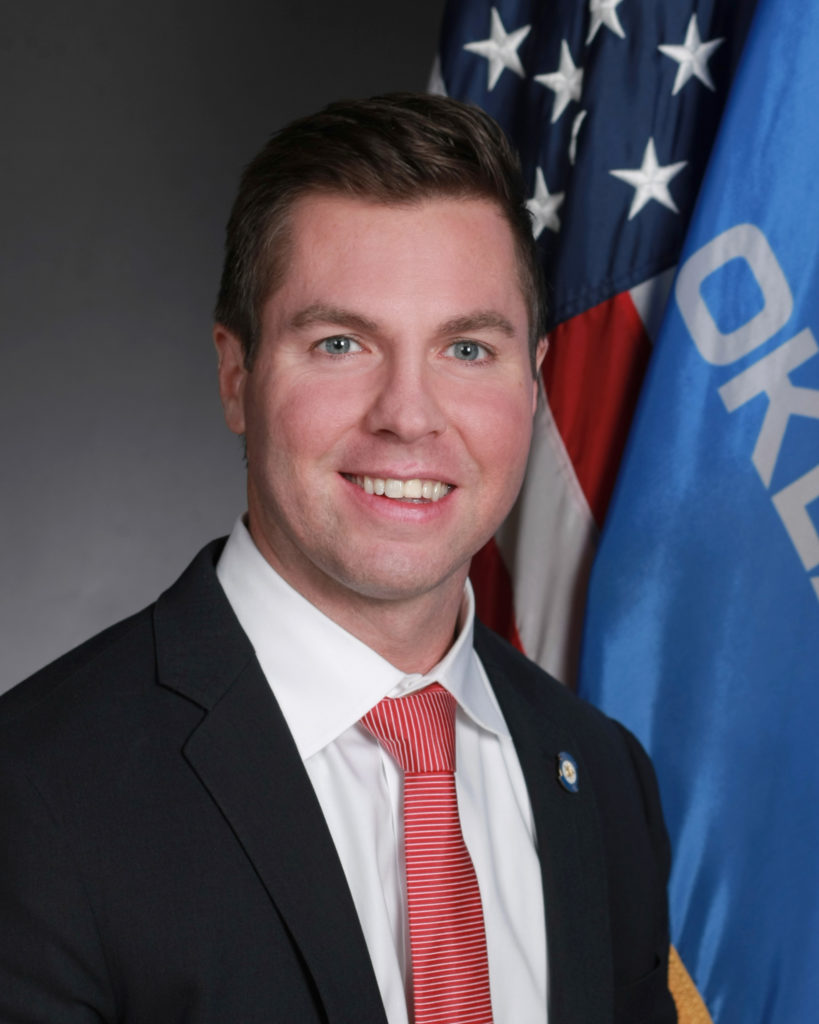
Students must also complete six Individualized Career and Academic Plan (ICAP) pathway units that can span a range of subjects and career paths selected by the district board of education. New requirements also include a postsecondary-approved full-time CareerTech program or locally approved science-based application course to satisfy the required physical science unit.
The purpose of the modifications is to provide students training and education that will prepare them to enter the workforce upon graduation and start their career with the skills they will need to succeed, according to bill’s authors.
Pugh also helped to secure funding for the newly created Oklahoma Workforce Commission to better align Oklahoma’s education and workforce pipelines.
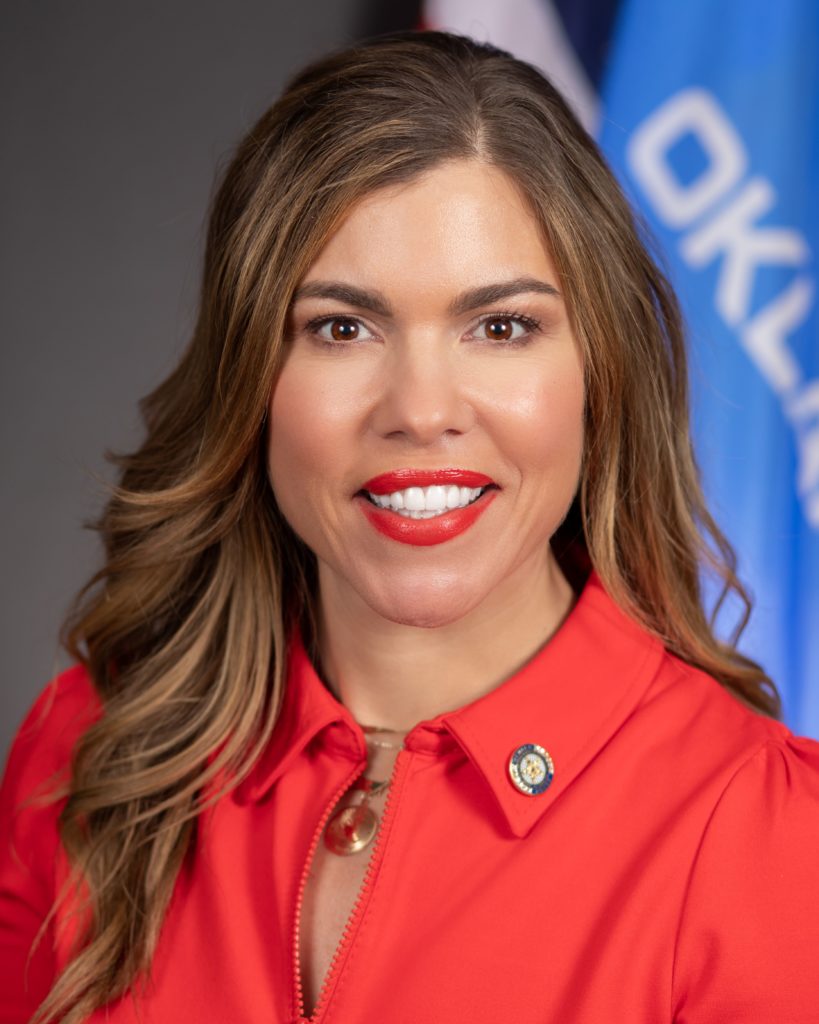
“We’ve got to incentivize collaboration between K-12, career tech, and higher ed. Oklahoma businesses have to be able to partner with our institutions and pinpoint the skill sets they need so that we can hire our citizens,” Pugh said.
Schreiber was honored for her long and continuing effort to make childcare more affordable and available in Oklahoma, which will help many Oklahoma parents return to the workforce.
She led the charge the past two legislative sessions to establish tax credits for employers that provide childcare options for their employees.
“We say childcare is workforce infrastructure. Our employers need to have a strong childcare system for us to get everybody back in the workforce,” Schreiber said.




